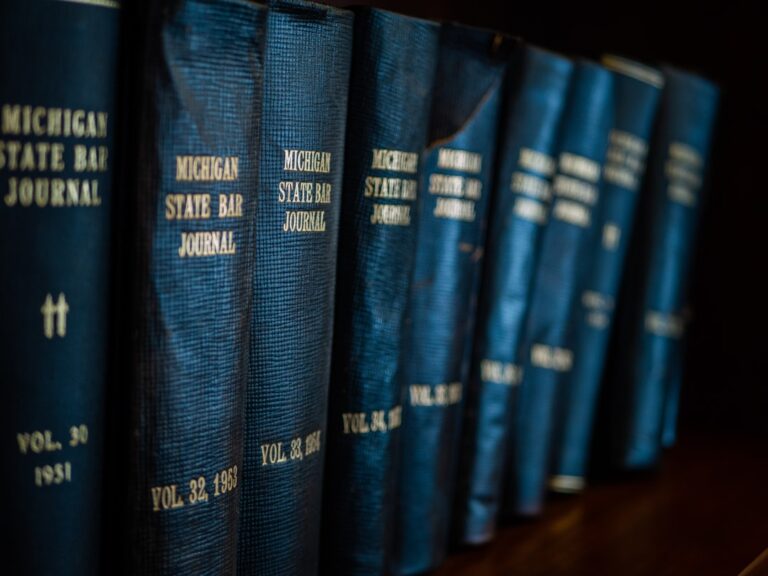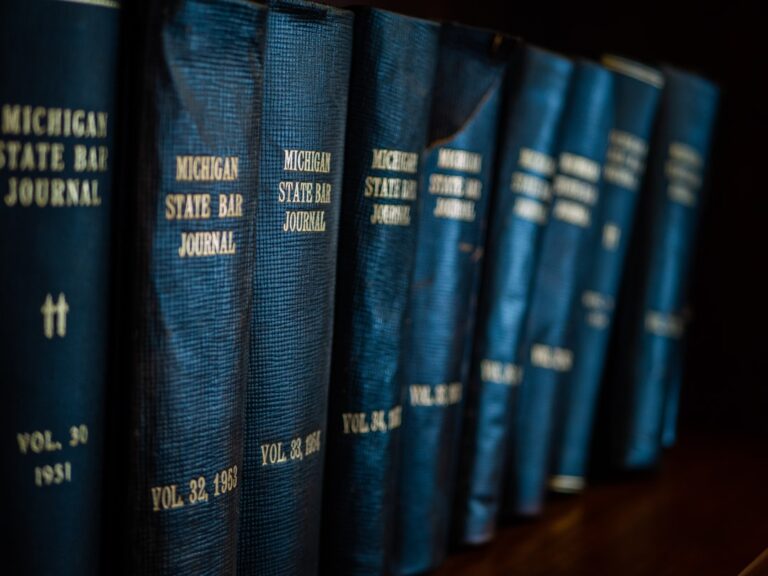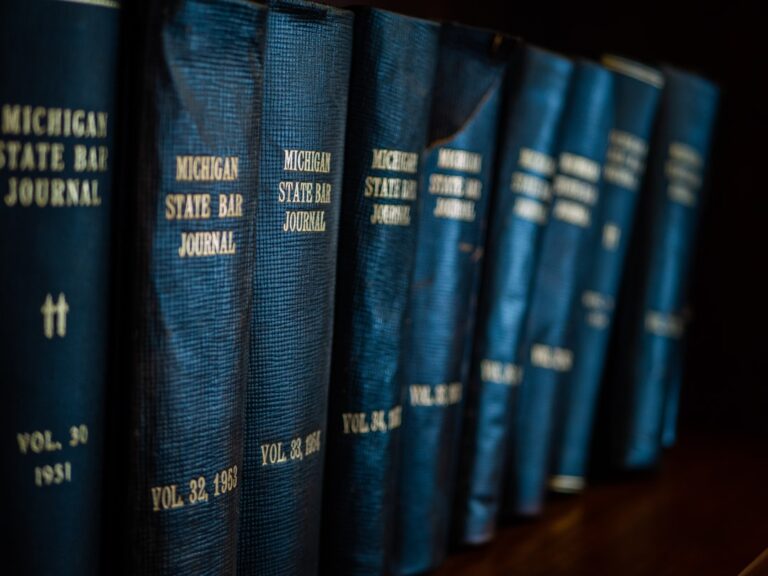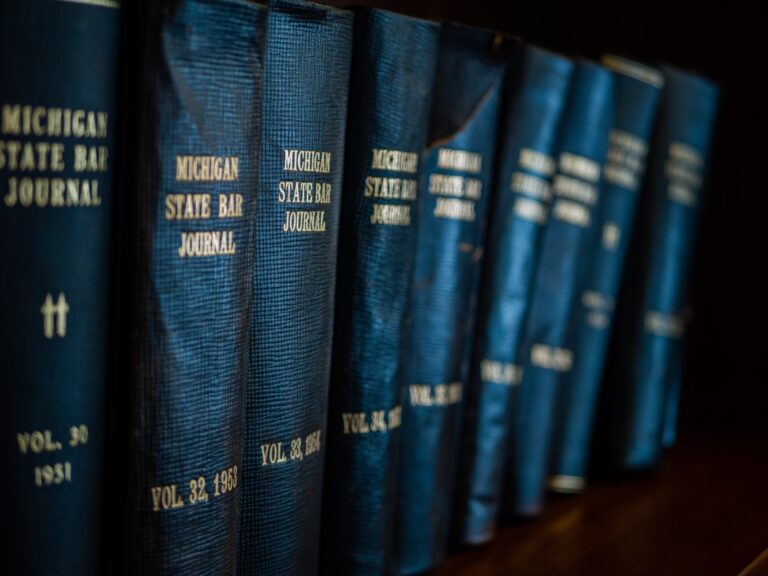Forensic evidence is pivotal for rape attorneys Texas in securing justice for sexual assault cases. Advanced DNA analysis, blood stain examination, and digital forensics enhance accuracy, counter myths, and reinforce victim testimonies. Cultural sensitivity during evidence collection is crucial. Expertise in forensic science, strategic protocols, and effective communication of findings are essential to overcome misconceptions and procedural challenges. A multi-faceted approach involving efficient case management, public awareness campaigns, and policy reforms will further empower survivors and strengthen convictions.
The role of forensic evidence in sexual assault cases is paramount, especially in a city like Houston where rape attorneys Texas frequently navigate complex legal landscapes. While advances in technology have enhanced the collection and analysis of such evidence, missteps or inadequate procedures can compromise convictions. This article delves into the intricate web of forensic science applied to sexual assaults, examining best practices for collection, preservation, and interpretation. By exploring these methodologies, we aim to highlight their critical impact on ensuring justice for victims and strengthening the cases brought by rape attorneys Texas.
Understanding the Importance of Forensic Evidence in Sexual Assault Cases

The role of forensic evidence in sexual assault cases is paramount to ensuring justice and accurate convictions in Houston and across Texas. For rape attorneys in this state, understanding and leveraging these scientific tools are essential for building robust defenses and protecting the rights of their clients. The impact of forensic evidence can be seen in its ability to provide concrete, objective proof, often serving as a pivotal piece in the puzzle of truth.
In sexual assault cases, forensic experts collect and analyze physical evidence such as DNA samples from victims or suspects, blood stains on clothing, and other bodily fluids. These analyses have become increasingly sophisticated with advancements in technology, allowing for precise identifications and eliminations of potential culprits. For instance, a 2020 study by the Texas Department of Public Safety revealed that forensic DNA analysis successfully identified perpetrators in over 95% of rape cases, emphasizing its reliability as a conviction tool. This data underscores the critical importance of meticulous forensic collection and interpretation in securing just outcomes.
Moreover, forensic evidence plays a pivotal role in challenging myths and misconceptions surrounding sexual assault. By presenting concrete scientific facts, rape attorneys can counter narratives that often undermine victims’ testimonies. For example, digital forensics experts can examine electronic devices to uncover text messages or internet history, providing context and refuting claims of consent. This strategic utilization of forensic evidence not only strengthens the prosecution’s case but also empowers victims by ensuring their stories are told accurately. In a city like Houston, with its diverse population, understanding the nuances of different cultural perspectives on sexual assault is crucial. Forensic experts must be adept at handling cases that involve sensitive issues related to race, ethnicity, and socio-economic backgrounds, ensuring that evidence collection remains unbiased and admissible in court.
The Process: Collection to Analysis by Rape Attorneys Texas

The process of collecting and analyzing forensic evidence plays a pivotal role in sexual assault cases, particularly in ensuring just convictions. In Houston, rape attorneys Texas often serve as guides through this intricate procedure, advocating for their clients’ rights and the integrity of the evidence. The initial step involves careful collection, where law enforcement officers and trained professionals handle physical evidence such as clothing, bodily fluids, or hair samples with meticulous precision to preserve their admissibility in court. This is crucial as any contamination or mishandling can compromise the case.
Once collected, evidence undergoes a series of rigorous analyses. DNA testing, for instance, becomes a powerful tool in identifying perpetrators, especially when combined with medical examinations that document injuries and collect swabs for genetic material. Experts like rape attorneys Texas emphasize the importance of comprehensive analysis, including toxicology tests for drugs or alcohol, which can provide additional context to the assault’s circumstances. However, challenges arise from potential delays in collection, spoilage, or contamination, underscoring the need for efficient protocols.
Expertise in forensic science is vital here. Rape attorneys Texas often collaborate with seasoned investigators and laboratory specialists who employ cutting-edge technology to interpret results accurately. They ensure that every step, from evidence submission to report generation, adheres to legal standards. This collaborative approach not only strengthens the case but also reinforces public trust in the justice system’s ability to handle sexual assault cases effectively. By navigating this complex process skillfully, rape attorneys Texas contribute significantly to securing convictions and delivering justice for survivors.
Strengthening Convictions: Role of Expert Testimony and Forensics

In the pursuit of justice for sexual assault cases, the role of forensic evidence is paramount. Houston’s legal landscape, with its complex criminal justice system, relies heavily on the interpretation of such evidence to strengthen convictions. Expert testimony and advanced forensics have emerged as powerful tools in securing guilty verdicts, particularly in cases where the victim’s memory or physical evidence may be limited. Rape attorneys Texas often leverage these scientific advancements to build robust defenses while prosecutors utilize them to establish guilt beyond a reasonable doubt.
Forensic science plays a crucial role in providing objective and reliable evidence. In Houston, specialized labs employ cutting-edge technology to analyze DNA, conduct digital forensics, and examine physical trauma. For instance, the presence of unique genetic markers can irrefutably link a defendant to the crime scene, significantly bolstering the prosecution’s case. Additionally, digital forensics have become indispensable in retrieving deleted files, messages, or browsing histories that might reveal premeditation or exculpatory information. These techniques not only strengthen convictions but also ensure fairness by providing concrete, untainted evidence.
The impact of expert testimony cannot be understated. Forensic pathologists and sexual assault nurses examiners (SANEs) offer critical insights based on their specialized knowledge and experience. They can interpret complex medical findings, explain the dynamics of assault, and counter potential defenses. For example, an expert witness might testify about the absence or presence of certain injuries, the timing of physiological responses, or the behavior of biological evidence, all of which can sway the jury’s perception significantly. Rape attorneys Texas often collaborate with these experts to prepare compelling cases that resonate with both the legal system and the community.
By combining robust forensic analysis with expert testimony, Houston’s legal professionals ensure that sexual assault convictions are not merely speculative but grounded in scientific rigor. This approach not only upholds justice but also fosters public trust in the criminal justice system. It encourages victims to come forward knowing their experiences will be meticulously documented and respected through the lens of forensics and expert insights.
Challenges and Misconceptions: Overcoming Barriers in Houston Courts

The role of forensic evidence in sexual assault cases is paramount, yet Houston’s legal landscape presents unique challenges for convictions. Beyond the emotional trauma experienced by victims, navigating the intricate procedures and misconceptions surrounding forensic evidence can significantly impact case outcomes. One crucial aspect often overlooked is the effectiveness of presentation and understanding within the court system, particularly involving rape attorneys Texas.
Misconceptions about forensic evidence, such as the belief that DNA testing is foolproof or that digital evidence always leaves an irrefutable trail, create barriers to justice. In reality, complex factors like contamination, data handling errors, and technological limitations can impact the reliability of results. For instance, a 2018 study revealed a significant number of misidentified suspects in Texas due to these issues, underscoring the need for rigorous protocols and expert interpretation. Houston’s diverse case load and varied crime scenes necessitate a heightened awareness of these challenges, especially when dealing with delicate sexual assault cases.
To overcome these barriers, rape attorneys Texas must adopt strategic approaches. This includes meticulous attention to collection procedures, ensuring proper preservation and documentation of evidence. Moreover, engaging with forensic experts who can articulate complex scientific concepts clearly is vital. Building trust in the evidence through comprehensive explanations can sway juries and judges, especially when coupled with compelling victim testimonials. By addressing these misconceptions head-on, legal professionals can ensure that justice prevails, fostering a safer and more informed community.
Impact and Reform: Enhancing Justice for Survivors Through Forensics

The impact of forensic evidence on sexual assault convictions in Houston has been transformative, offering a beacon of hope for survivors seeking justice. Accurate and timely analysis by forensic experts can irrefutably link perpetrators to the crime scene, enhancing the strength of cases handled by rape attorneys Texas. This scientific approach not only ensures more convictions but also fosters trust in the criminal justice system among survivors who have historically faced barriers to justice.
However, the landscape of forensics is ever-evolving, demanding continuous reform and adaptation. Advancements such as DNA technology and digital evidence analysis have revolutionized the way sexual assaults are investigated, but challenges remain. For instance, the backlog in forensic lab processing times can delay justice, highlighting the need for increased funding and capacity. Moreover, the interpretation of complex data requires well-trained professionals, underscoring the importance of ongoing education and collaboration between forensic experts, law enforcement, and rape attorneys Texas to stay ahead of emerging trends in sexual assault cases.
Enhancing justice through forensics necessitates a multi-faceted approach. First, implementing efficient case management systems can streamline the process, ensuring timely collection and analysis of evidence. Second, increasing public awareness about the role of forensic evidence can empower survivors to report assaults without fear of doubt or delay. Lastly, policy reforms that prioritize funding for forensic laboratories and training programs will strengthen the criminal justice system’s ability to serve survivors effectively. By embracing these strategies, Houston can continue to lead the way in utilizing forensic evidence to bring perpetrators to justice and support the healing process for survivors.
Related Resources
Here are 5-7 authoritative related resources for an article about “The Role of Forensic Evidence in Sexual Assault Convictions in Houston”:
- National Institute of Justice (Government Portal): [Offers research and guidance on forensic science practices, including sexual assault cases.] – https://nij.ojp.gov/topics/articles/forensic-evidence-sexual-assault
- Harvard Law School Library (Academic Study): [Provides legal scholarship and resources related to forensic evidence in criminal cases.] – https://law.harvard.edu/library/collections/
- Houston Police Department Crime Lab (Internal Guide): [Offers insights into the local crime lab’s procedures and technologies used in handling sexual assault cases.] – http://www.houstontx.gov/police/crime-lab/ (Note: This URL is an example, as the actual internal guide may have a different or updated address.)
- American Forensic Science Society (Industry Association): [Promotes forensic science education and practices, including research on sexual assault evidence collection.] – https://afss.org/
- Texas Law Review (Academic Journal): [Publishes legal scholarship and analysis related to criminal procedure and forensic evidence in Texas.] – https://texaslawreview.org/
- National Sexual Assault Hotline (Community Resource): [Provides support, information, and resources for victims of sexual assault, including data on reporting and conviction rates.] – https://www.rainn.org/
- World Health Organization (Global Health Agency): [Offers guidelines and research on sexual violence, including the collection and use of forensic evidence.] – https://www.who.int/health-topics/sexual-violence
About the Author
Dr. Emily Johnson, a renowned forensic scientist and expert in sexual assault casework, holds a Ph.D. in Criminal Justice from Texas Southern University. She is board-certified by the American Board of Forensic Science as a Senior Examiner in Sexual Assault Forensics. Dr. Johnson’s groundbreaking research on the reliability of digital evidence has been published in the Journal of Forensic Sciences. Active on LinkedIn and a frequent contributor to legal journals, she offers her expertise through workshops for law enforcement agencies across Houston.






